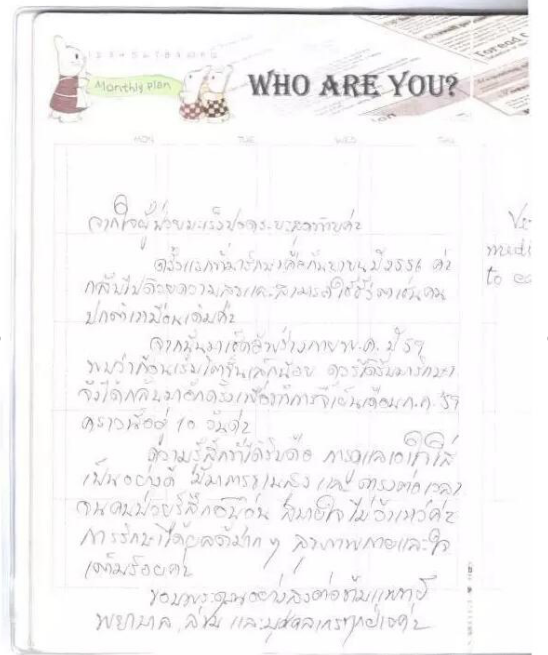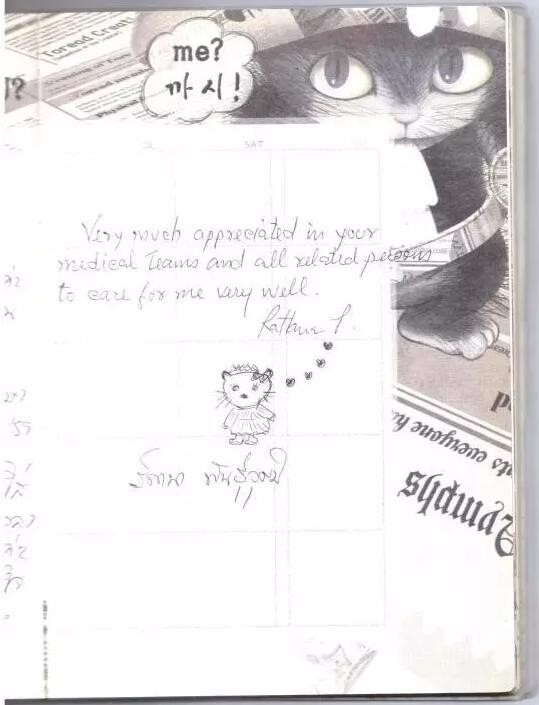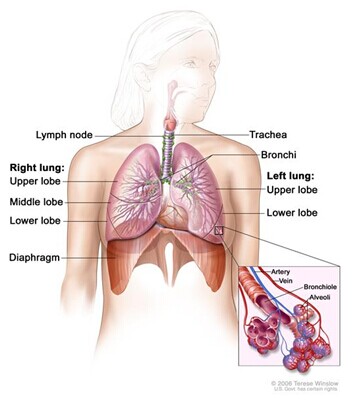In July 19, 2016, Rattana was dressed up and went out for dinner with medical staff from Fuda Cancer Hospital (Fuda) before discharge to celebrate the success of surgery. On this special day, she happily put on a blue dress, a fashionable scarf and a pair of Oxford shoes. Though she was already 62 years old, she looked energetic without signs of a cancer patient.
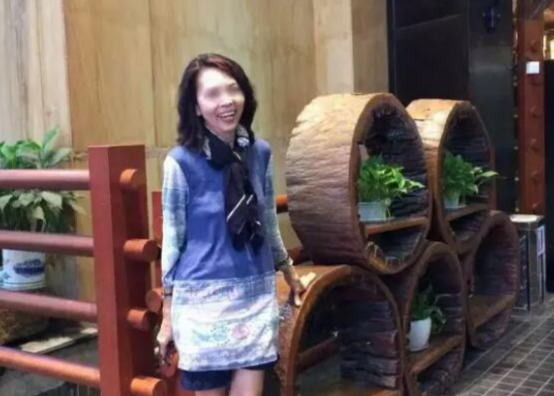
Rattana, Thai, is an advanced lung cancer patient with bone metastasis.
In January 2013, Rattana developed coughing and saw a doctor at a local hospital. After symptomatic treatment, her cough was relieved. None of her family members got cancer before so she didn’t think cancer would come to her.
Three months later, she underwent a CT scan which indicated a mass in her left lung and it was considered to be left lung cancer. “A local doctor suggested me have surgery to remove the 5cm tumor from my left lung and then control metastases in right lung and lymph node through chemo. However, my doctor was not sure if I could survive 6 months after these treatments,” Rattana recalled.
When she couldn’t find any way out, she happened to read introduction on new cancer treatments of Fuda on YouTube. Then she found some useful information and made a comparison of treatment techniques between China and American. After full consideration, she chose Fuda for treatments which might save her life.
After she sent all her medical reports to Fuda mailbox for consultation, soon she got reply from Fuda doctors who suggested cryosurgery.
Cryosurgery (Argon-helium knife) is a novel technique for treatment of cancer which has been approved by the United States’ Food & Drug Administration (FDA) in 1998 and China’s SDA in 1999, which is one of minimally invasive treatments of “CCC+P”. It destroys tumors by cycles of freezing and thawing. During the procedure, knife head is inserted into tumor percutaneously and quickly lower the temperature to -160℃ and then increase the temperature, which can cause dehydration and fracture of tumor cells or cause anoxia and cancer cell death by destroying micro vessels in tumor. Then the tumor tissues destroyed by cryosurgery in situ become antigens that boost anti-tumor immunological response in human body.
On September 13, 2019, Rattana was admitted to Fuda and she smoothly underwent cryosurgery and biopsy for left lung cancer on September 18. Three days after the procedure, she went back home.
Later, her doctor emailed her that she was able to take targeted medicine for treatment to keep her metastases under control. After knowing the name of the medicine, she took it for three years and during this period, she kept healthy diet and proper exercise but she didn’t receive a re-checkup during these three years.
The writer asked her, “Why not do a re-checkup in three years?” She said with regrets, “I think as long as I keep taking targeted medicine, eating healthily and doing sports properly, I won’t feel any discomforts and no need to have a re-checkup. But one day, I felt chest distress and easy to be weary so I went to Fuda for re-checkup.” After examinations, her tumor was found 3cm bigger than before.
Though she was worried and scared about the bigger tumor, she decided to receive another cryosurgery.
Before surgery, her doctor explained the risks of the treatment. Because the tumor was close to pulmonary hilus and trachea, the cryosurgery might cause bleeding or hemoptysis, temporary tracheal obstruction and atelectasis. Hearing this, Rattana had been worried about the procedure for several hours but she still believed in Dr. Niu’s professional medical techniques.
In the afternoon of July 14, 2016, the cryosurgery was on. “Before the procedure, the anesthetist encouraged me a lot so I believed in them. After the procedure, they shifted me to ICU for one day. In ICU, doctors and nurses took turns to take care of me,” Rattana said.
Three days later, her examination results showed normal and no complications were found. Her doctor told her two more days later, she could go back home.
After receiving treatments twice in Fuda, Rattana was satisfied with the professional skills and kind humanistic care here. She said gratefully, “Medical staff here took good care of me and left me a deep impression. And I would like thank interpreters and support staff here for their excellent services.”
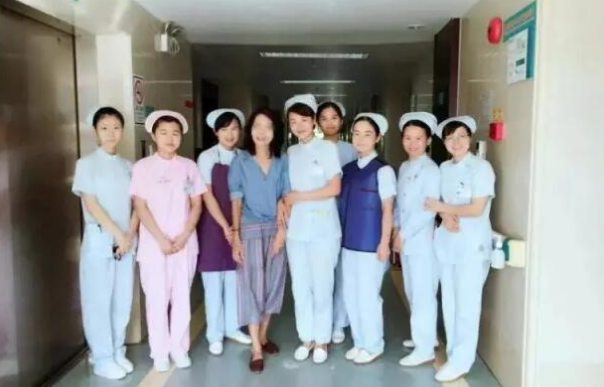
Rattana (forth from left) is taking a picture with medical staff before leaving our hospital.
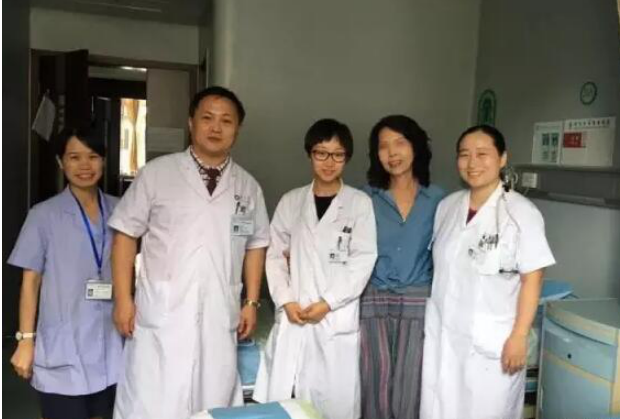
Rattana (second from right) is taking a picture with medical staff before leaving our hospital.
Before discharge, Rattana wrote a thank-you letter to all medical staff in Fuda on her notebook.
